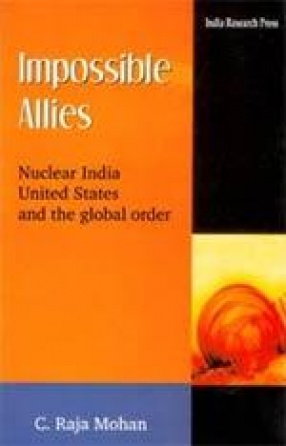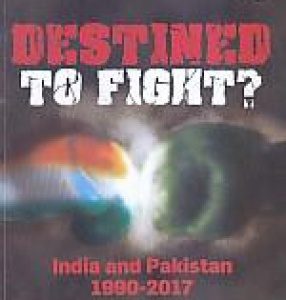
Showing all 6 books
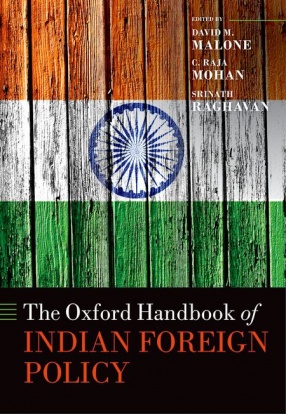


Following the end of the Cold War, the economic reforms in the early 1990s, and ensuing impressive growth rates, India has emerged as a leading voice in global affairs, particularly on international economic issues. Its domestic market is fast-growing and India is becoming increasingly important to global geo-strategic calculations, at a time when it has been outperforming many other growing economies, and is the only Asian country with the heft to counterbalance ...
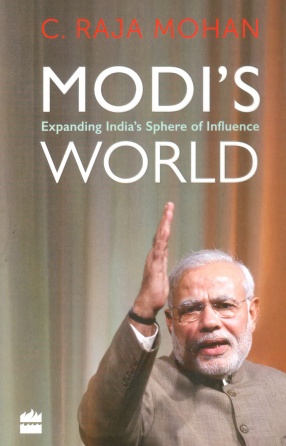
Modi's World tells the story of Prime Minister Narendra Modi's vigorous diplomacy and his aspiration to elevate India's place in the world. It offers insights into Modi's foreign policy inheritance, his efforts to build on the foundations laid by his recent predecessors, Atal Bihari Vajpayee and Manmohan Singh, and set more ambitious international goals of his own for India. The book, based on Raja Mohan's columns for the Express, examines the new opportunities ...
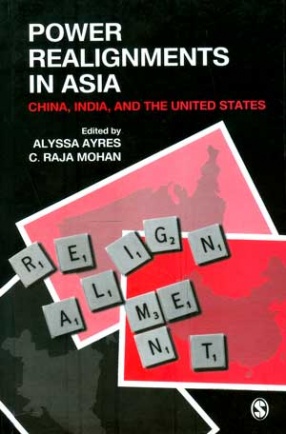
China’s emergence as a great power is transforming the world, affecting its security, economy, and physical environment. Power Realignments in Asia: China, India, and the United States explores the impact of China’s rise on relations among China, India, and the United States.The topics covered in the collection span traditional security issues-political-military affairs and military modernization-to new challenges posed by rapid and deep economic ...
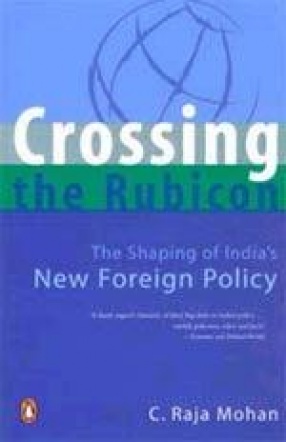
India's nuclear tests in May 1998 had reverberations that went far beyond the Thar desert. Jettisoned, as a result, were some key tenets of its foreign policy, in particular the traditional emphasis on idealism. As pragmatism took root in New Delhi, India renewed its global engagement with a rare sense of purpose and self-confidence and transformed its external relations. In Crossing the Rubicon, C. Raja Mohan narrates the story of India's successful diplomatic ...
